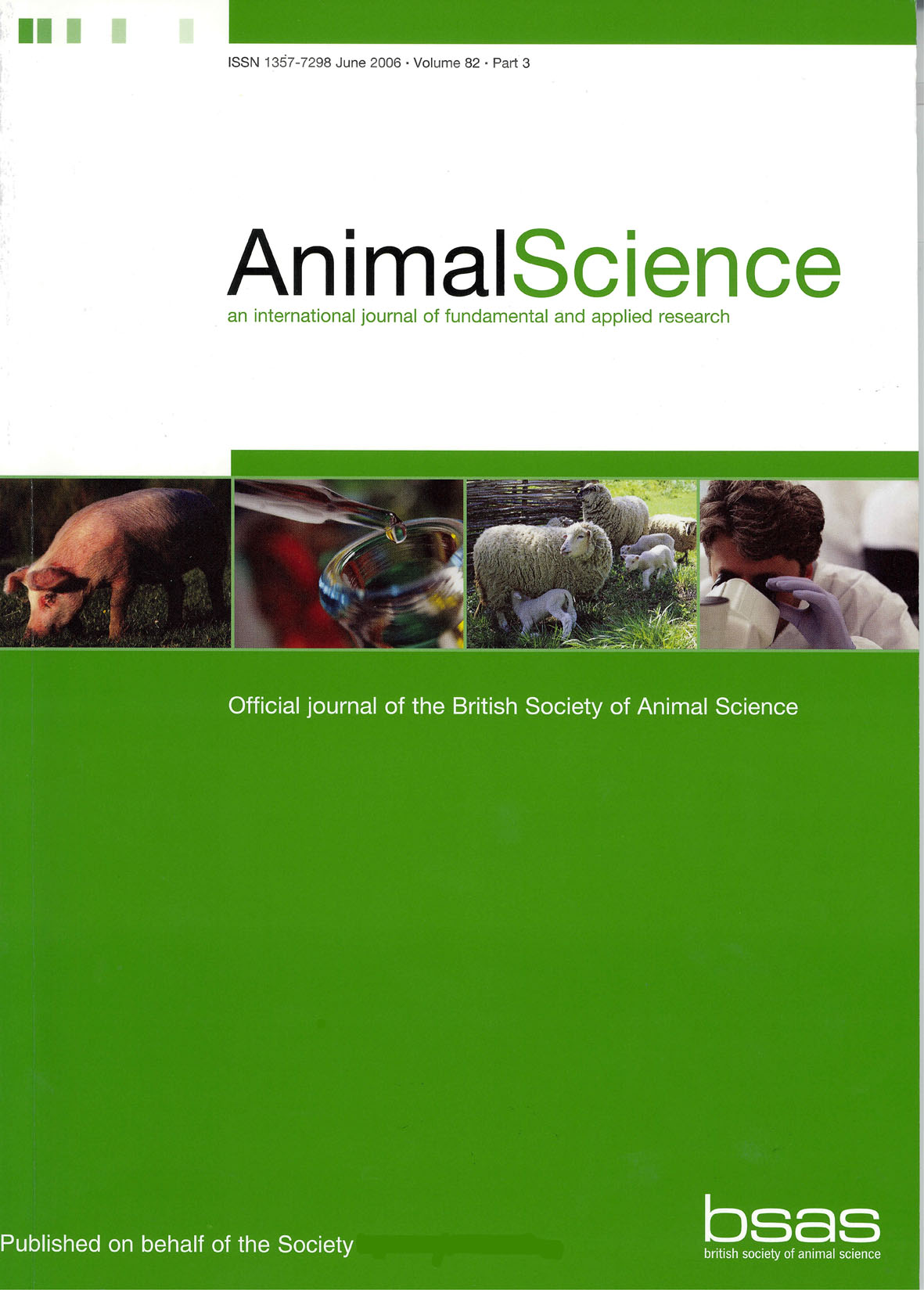Article contents
Compensatory growth and sexual maturity in mice
Published online by Cambridge University Press: 02 September 2010
Extract
The effects of environmental factors in the pre-weaning period on the subsequent growth of mice were studied. The variance caused by maternal effects, i.e. by environmental factors common to litter-mates, increased from birth to 4 weeks of age (1 week after weaning) and then decreased by about 60% between 4 and 8 weeks. Furthermore, a high litter weight at 4 weeks was followed by low subsequent growth and vice versa. The occurrence of compensatory growth from 4 weeks onwards was thus established. In contrast, the genetically determined variation of body weight did not show any reduction during the period of compensation, but increased up to 8 weeks of age.
The modification of the growth curve, by which compensation was achieved, was then studied. It was found that the inflexion point separating the initial phase of exponential growth from the subsequent phase of asymptotic growth corresponded closely with the attainment of sexual maturity in females, as judged by the opening of the vagina. Sexual maturity was reached at approximately the same weight in all litters, but at widely different ages. Thus, litters with rapid early growth as a result of a good maternal environment reached sexual maturity and consequently entered the asymptotic phase early, while litters with slow early growth entered the asymptotic phase late. Compensatory growth was therefore achieved through curtailment or prolongation of the exponential phase of growth.
Information
- Type
- Research Article
- Information
- Copyright
- Copyright © British Society of Animal Science 1966
References
REFERENCES
- 77
- Cited by

